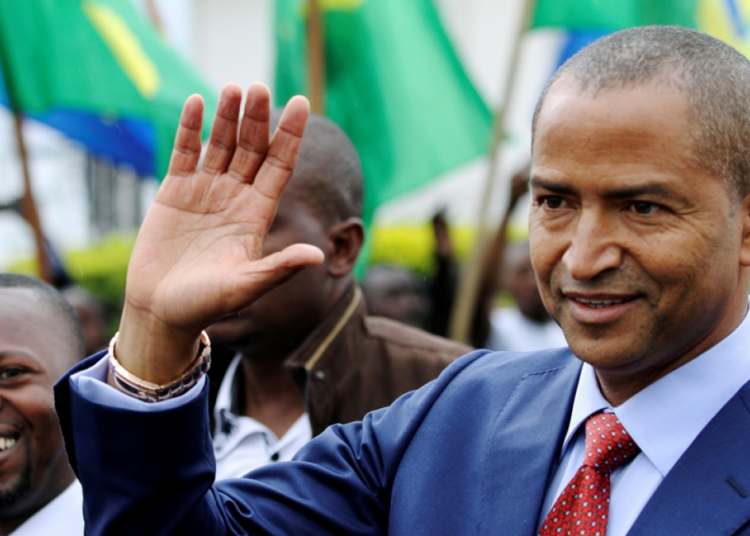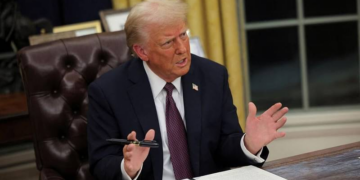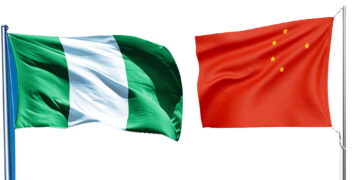Moise Katumbi, one of the prominent opposition candidates in Congo’s forthcoming presidential election, suspended part of his campaign following violent clashes at one of his rallies on Tuesday.
The incident unfolded as Katumbi addressed a gathering of supporters in the coastal town of Moanda, where live rounds were fired, resulting in multiple injuries and a surge in tension just days ahead of the critical Dec. 20 vote.
Conflicting accounts of the event emerged, with the provincial government stating that Katumbi’s security personnel discharged warning shots due to rowdy behaviour among the crowd, leading to heightened tensions and scuffles. To restore order, the police reportedly employed tear gas.
Several individuals, including a seriously injured police officer, suffered injuries during the incident, according to the government’s statement, which affirmed that investigations are underway.
Contrarily, Katumbi, taking to X (formerly known as Twitter), accused the police of firing live ammunition at people and alleged that the entire incident was orchestrated to incite violence.
In response to the escalating situation, Katumbi announced the temporary suspension of his scheduled meetings with citizens in Kananga and Tshikapa, cities situated in the Kasai-Central province, a stronghold for President Felix Tshisekedi’s supporters.
“In order to avoid further provocation, I have decided to temporarily suspend my meeting with citizens in (the cities of) Kananga and Tshikapa,” he said, referring to events scheduled for Wednesday.
The upcoming election involves nearly 44 million registered voters and holds significant weight, determining whether Tshisekedi will secure a second term amid economic challenges and security concerns prevalent during his first tenure.
Moise Katumbi stands among over two dozen candidates vying for the presidency, including other prominent opposition figures such as Martin Fayulu and Nobel Peace Prize laureate Denis Mukwege.
Challenges leading up to the polls include alleged irregularities in voter registration and logistical hurdles in distributing voting materials, raising concerns about the integrity of the election process.
NAN
We’ve got the edge. Get real-time reports, breaking scoops, and exclusive angles delivered straight to your phone. Don’t settle for stale news. Join LEADERSHIP NEWS on WhatsApp for 24/7 updates →
Join Our WhatsApp Channel










